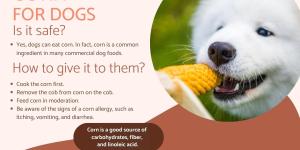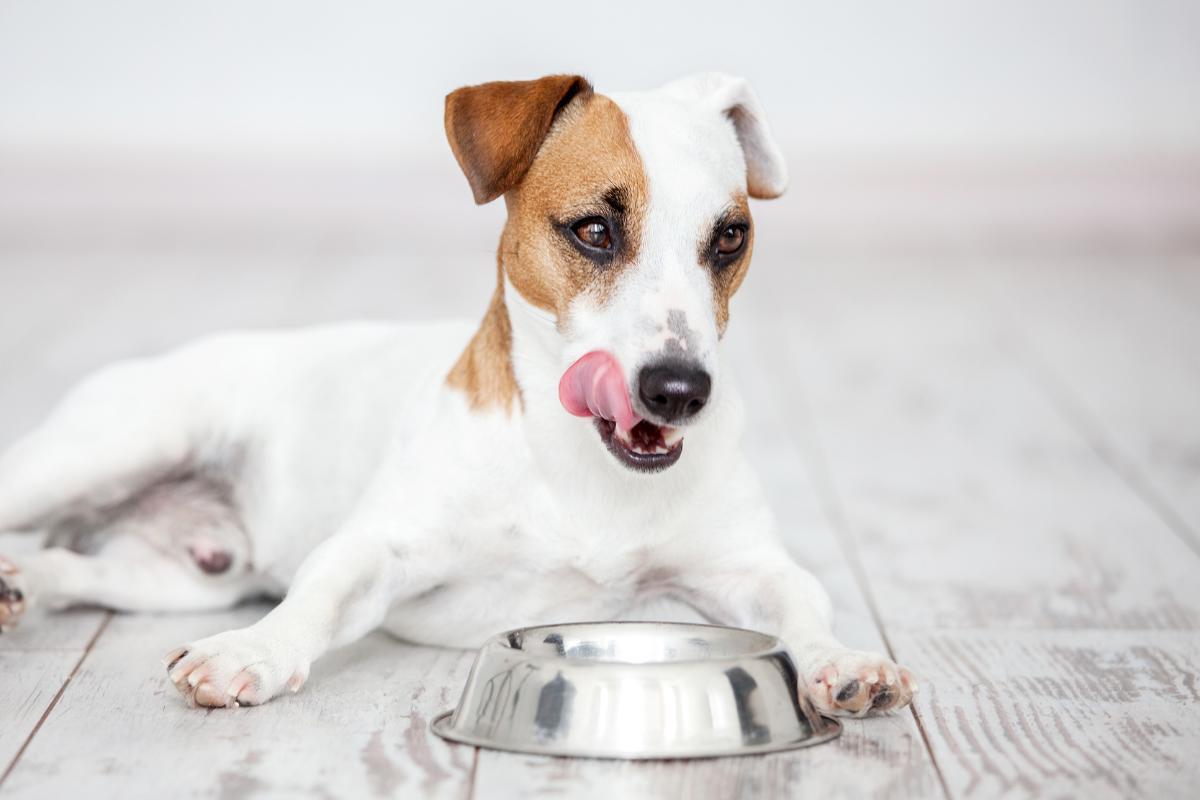When Is the Best Time to Feed a Dog?



See files for Dogs
The best time of day to feed a dog will depend on many factors. These include the age of the dog, their health status and activity levels, among others. What is most important is that we establish a regular schedule that allows the dog to meet their basic needs such as ensuring the right amount of sleep and incorporating sufficient exercise. Due to the domestication process, dogs have learned to adapt to the schedules of their human guardians. The exact hour for feeding is not as important as the need for a consistent schedule and routine.
At AnimalWised, we look into more detail at these factors which determine when is the best time to feed a dog? We look at how we should establish a meal schedule for dogs according to their individual needs.
When is the best time to feed a puppy?
While a balanced diet is essential for all dogs, providing the right amount of food is particularly important for puppies. Young dogs are still in the process of physical and cognitive development. As their bodies grow and mature, they will need more food to ensure their metabolism needs are met. These needs will evolve over time as they develop.
Until approximately 4 weeks of age, newborn puppies will rely on their mother for sustenance. They will feed exclusively on their mother's milk, feeding around 10 to 12 times per day. Since puppies cannot even open their eyes until around 2 weeks of age, they do little else but feed and sleep.
On rare occasions, the puppy may not be able to stay with the mother during these formative times. This only occurs if the puppies have been abandoned, prematurely separated or there is a reason why the mother cannot care for them, such as illness. In these cases, the puppy will need to feed on artificial newborn puppy formula and the weaning process will need to be performed by the guardian.
Feeding artificial formula to a puppy needs to replicate feeding on their mother's milk. This means we will need to give them small amounts around 10 to 12 times per day. The exact amounts can be found in our guide to feeding newborn puppies.
After one month of life, puppies will need to be weaned onto solid food. While we will need to provide the food, the mother will naturally know how to encourage the puppies transition from milk. The food we provide will need to be a specialized feed for puppies of this age. If we provide kibble for adults, it sill be too large and may even have insufficient nutrition for a growing puppy.
At this stage, we will need to offer the puppy 4 meals a day with approximately 6 hours between each feeding. Ideally, these feedings should be offered at the same time each day.
From three or four months of age, the general recommendation is to reduce the number of meals the puppy receives to 3. We will also need to adapt the quantity according to the manufacturer's instructions or veterinary indication. Similarly, this should be given in a consistent routine. This both helps the puppy to have a better digestion and can avoid the development of behavioral problems.
Around the age of 6 months, most dogs will reduce their meals to twice a day. In the case of large or giant dog breeds, it might be best to maintain 3 feedings per day until they reach full maturity. This is because larger dogs take longer to develop. Once we reduce the dog's feeding schedule to 2 meals per day, we will need to provide their food every 12 hours and establish a consistent routine for feeding times.
Should you feed a dog once or twice a day?
As explained above, puppies should never be fed only once a day. This would mean they will be nutritionally deficient between feedings which can negatively affect their growth. Puppies need a lot of energy to develop. For this to occur, their metabolism follows a different rhythm than adult dogs. They will need to eat a greater number of times per day and gradually reduce their intake as their mature.
Once a dog reaches adulthood, their nutritional needs change. The natures of these nutritional needs will differ according to the individual. In order to adequately meet their needs, we will need to know when the dog has matured:
- Mini and small breeds (10-25 lb): around 10 months of age.
- Medium breeds (26-55 lb): one year of age.
- Large breeds (56-100 lb): around 15 months of age.
- Giant breeds (>100 lb): between 18 and 24 months of age.
Many people suggest that feeding an adult dog only once a day is good for the animal. Some even think they should always leave food out for their dog to eat. However, it is most recommended that a dog be fed twice a day with a 12 hour gap between each meal. The benefits of twice daily feedings include:
- Prevents overload of the digestive system
- Allows them to have the right energy levels for exercise
- Reduces the possibility of the dog developing food anxiety
- Prevents nausea and vomiting caused by buildup of stomach acid
Learn more about feeding schedules for dogs with our article on why a dog only eats once a day.

Best meal times for an adult dog
Establishing a fixed meal schedule for dogs has many advantages, among which we can highlight the following:
- Digestion: by providing a regular feeding schedule, we ‘educate’ a dog's digestive system. This means we can ensure their gastrointestinal system is not overloaded and promotes regularity for bowel movement.
- Routine: by encouraging a consistent feeding routine, we can help the dog to feel more control over their environment. This prevents issues such as separation anxiety in dogs.
- Behavior: by providing regular feeding times, we prevent the dog from constantly asking for its food since they know they will get it at a certain time.
Unless the veterinarian gives a reason why not, it is best to leave 12 hours between each meal for a dog. If we leave too much time between feedings, we can see various issues such as a drop in the dog's blood glucose levels. This is especially problematic for dogs with a faster metabolism. This is in addition to the dog being hungry.
You will need to avoid feeding dogs before and after intense physical exercise. This is because dogs exercising on a full stomach can influence certain health problems related to digestion such as gastric torsion in dogs. This a very serious problem which is more common in large and giant breeds.
For example, if you return from walking your dog at 8 am, it is best you wait for feeding until 9 am. The next feeding should be at 9 pm and you will need to walk them an hour before or after this meal.

Is it good to feed dogs at night?
There are no specific hours that are more or less appropriate to feed a dog. The important thing to do is to establish and maintain a consistent feeding schedule for the dog that has the same amount of time between feedings. It doesn't matter if the dog eats at night or in the afternoon, as long as the appropriate time between feedings has elapsed.
Establishing a feeding schedule for a dog means we need to consider our own schedule. We will need to provide the dog with sufficient exercise, something which needs to be factored in to feeding schedules. Even if our own schedule can be quite erratic, it is important we make the effort to ensure the dog's routine is consistent. If we don't, the dog can develop various issues regarding their resources.
Such issues include digestion problems, difficulties in training, behavioral problems and psychological issues. Establishing a consistent routine early on is especially important for some dogs. Dogs that have experienced trauma, have had poor socialization or had poor levels of education will need more help than others. In addition to addressing their specific problems, establishing a consistent feeding schedule can help bring balance to their lives.
If you want to read similar articles to When Is the Best Time to Feed a Dog?, we recommend you visit our Homemade diets category.






